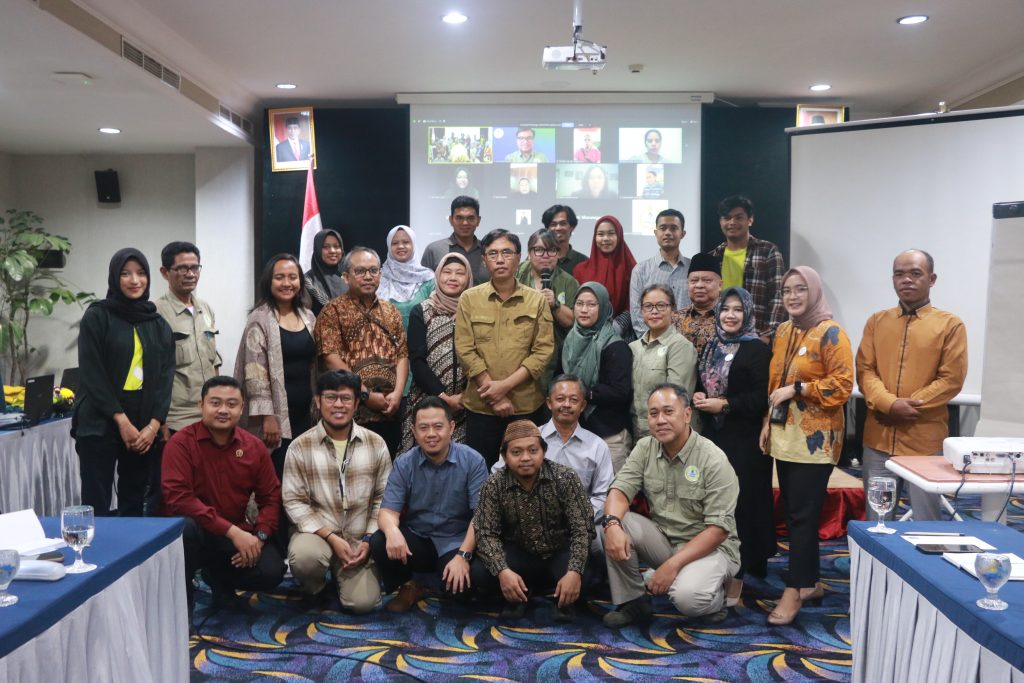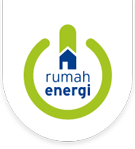Opportunities for Utilizing Climate Change Funds for Green Cooperative Businesses
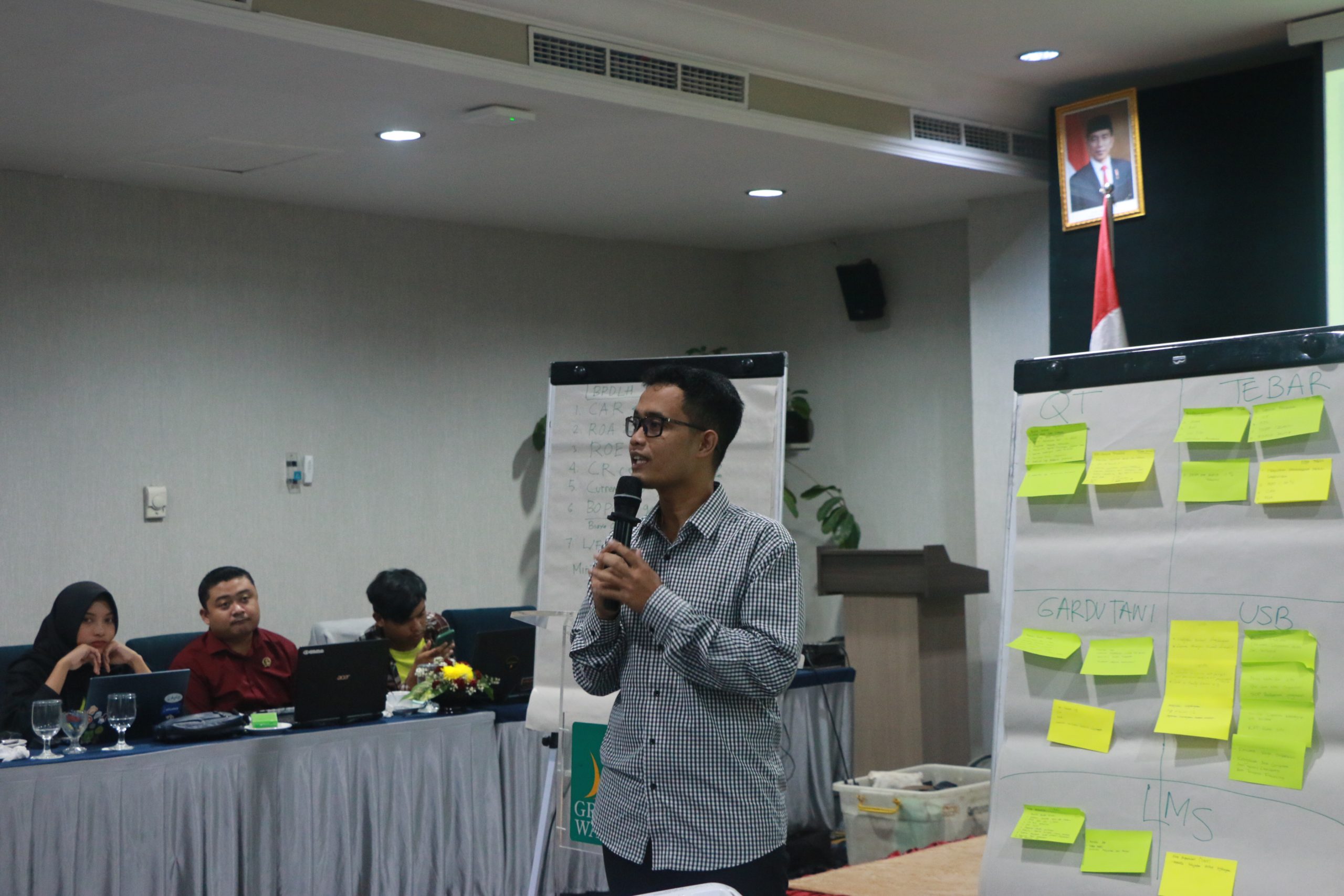
Implementation of the Green Cooperative Adaptation Readiness (GENCAR) project through Leveraging Climate Funds training aims to disseminate sub-programs/projects to increase the institutional capacity of cooperatives as facilitators of change in facing climate change focusing on identifying risks related to climate change for members, as well as increasing flexibility Business Plan to be more responsive to climate change. This training for four Cooperative Institutions in Central Java Province and other cooperatives is an effort to implement the Green Cooperative concept intensified by the Yayasan Rumah Energi (YRE).
This activity held offline and online (hybrid), was opened with a context explanation by YRE Executive Director Sumanda Tondang. He said that cooperatives as active agents of change in business transformation must be able to contribute to climate change adaptation and mitigation efforts actively. Sumanda added that YRE’s role in accelerating cooperatives in financing climate change requires cooperation and participation from the cooperative.
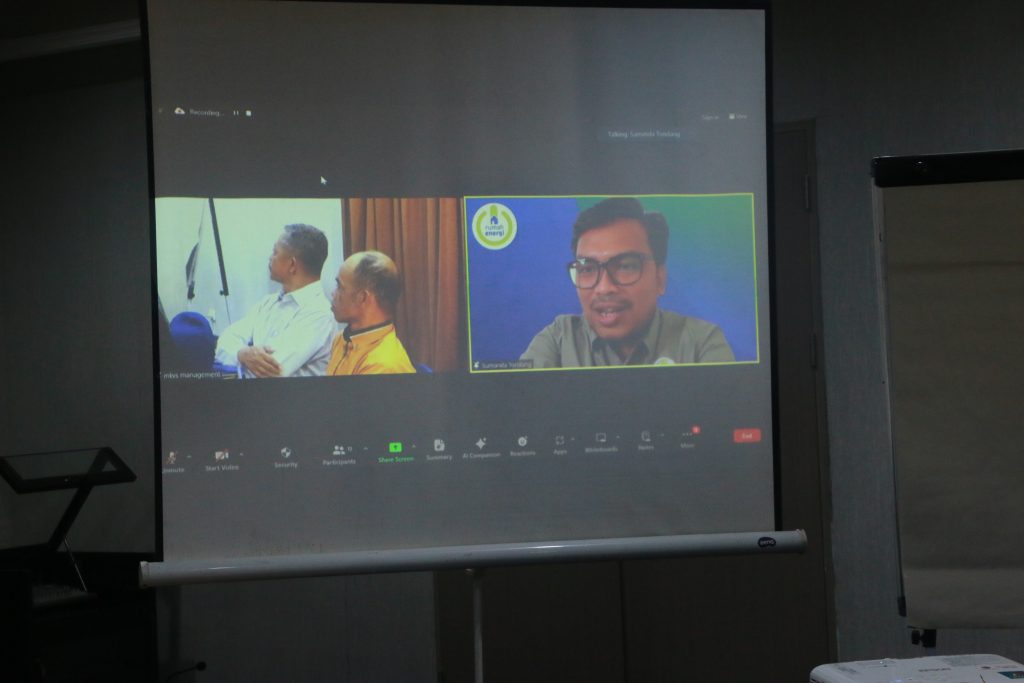
“YRE as a facilitator and companion, by providing workshops or training, wants to help cooperatives understand climate change, opportunities to utilize climate costs, and build cooperation.”
Head of the Central Java Province Environment and Forestry Service (DLHK), Mr. Widi, said that handling the climate crisis is still experiencing difficulties, especially in the source and management of funding. According to him, institutions outside DLHK have greater challenges because they do not have a basis for environmental management, so cooperative participation in environmental management is something special. Therefore, training on managing climate change funding is important for cooperatives.
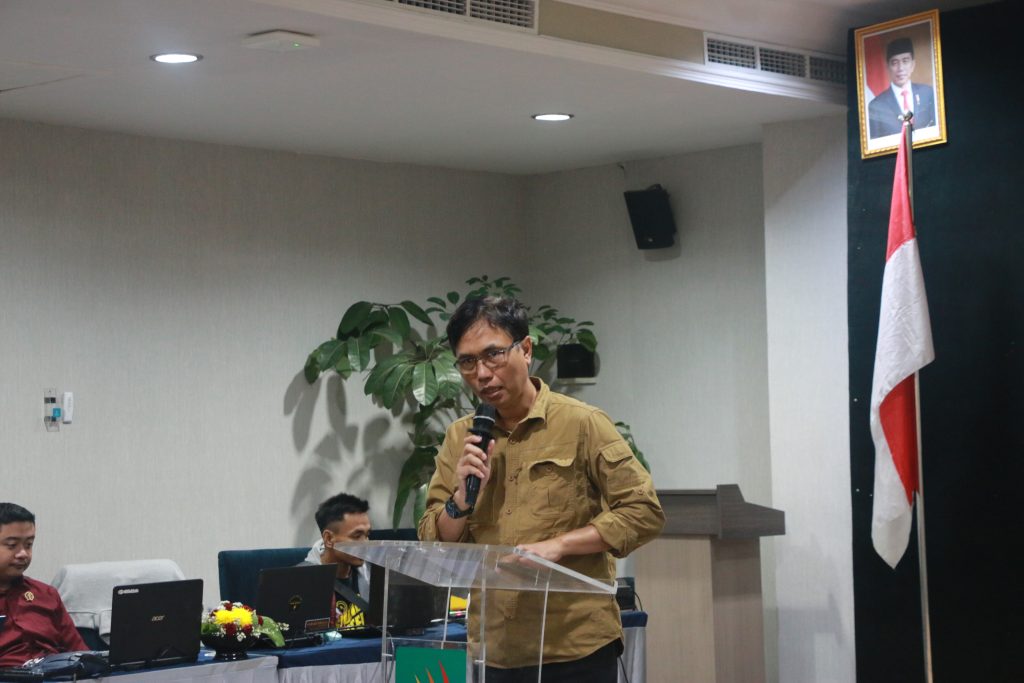
“Training on managing climate finance is very important for cooperatives. Apart from that, I also hope that the development of renewable energy can be even more massive.” Said Mr Widi.
Furthermore, the Revolving Fund Facility (FDB) was socialized for prospective channeling institutions by the Environmental Fund Management Agency (BPDLH) which works directly under the Ministry of Finance. Two sources of funding can be accessed through BPDLH, namely loan funds and program funds. FDB can be accessed by groups or organizations such as cooperatives, or those who have a forestry business permit. Meanwhile, BUMN or companies must have experience in distributing funds in the environmental sector for at least two years.
In the next session, participants shared insights with the Rabo Bank Foundation (RBF). RBF itself has long collaborated with YRE to finance biogas renewable energy. Several program initiatives include CU Sawiran becoming a loan partner as working capital for its members, including cattle loans, biogas loans, and technical assistants at the cooperative level.
